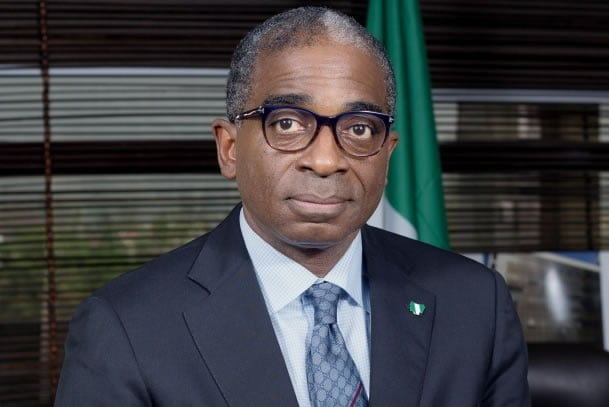The Executive Secretary, National Action Committee for Implementation of the African Continental Free Trade Area (AfCFTA) Olusegun Awolowo, has reiterated Nigeria’s commitment to fostering continental economic integration and realising its benefits in Africa via the Guided Trade Initiative (GTI).
Awolowo stated this while delivering his keynote address at the implementation of the AfCFTA: Secretariat Mission to Nigeria at the weekend.
The event was in collaboration with Nigerian Association of Chambers, Industry, Mines, and Agriculture (NACCIMA) and hosted by the Abuja Chamber of Commerce.
He noted that as the body embarked on the journey to join GTI phase 2, the focus is to amplify benefits of AfCFTA through practical actions.
Awolowo disclosed that GTI would promote economic growth and enhance regional integration.
The joint interactive session was premised on AfCFTA Secretariat Ghana’s mission to Nigeria to bring the Nigerian business community up to speed with the importance of GTI on the Nigerian business trading with African countries,
He stated that the new phase underscored the significance of targeted intervention and collaborative efforts to overcome challenges and maximise opportunities.
Highlighting the key pillars of the strategy, Awolowo explained that through sectoral engagement, it would enhance the competitiveness of Nigerian industries by investing in sector-specific interventions which includes “capacity building programmes, technology transfers and innovation promotion geared towards empowering our industry to meet regional demands and standard.”
The president, Nigeria Association of Small and Medium Enterprises, Dr Yerima Abdulrashid, stated; “We remain committed to this course. We are partnering with ECOWAS to bring in Small and Medium Enterprises in Africa to Nigeria, we will also see how we can effectively trade without barriers. We want to assure you all that we are in full support of the African Continental Free Trade Area in Nigeria and success is assured.”
While describing the issue of non-oil export as the biggest challenge in Nigeria, the national president of NACCIMA, Otunba Dele Kelvin Oye, stated that exporting oil had become a burden on the country as “the foreign exchange has completely wiped out the benefits of the oil export”, adding that solution to the problem is to become non-oil export.
The Permanent Secretary of the Federal Ministry of Industry, Trade, and Investment, represented by Mr Suleman Audu, Director of Trade in the Ministry, during the AfCFTA Secretariat Mission to Nigeria said “This engagement marks a significant milestone in our journey towards harnessing the immense potential of the AfCFTA for the economic growth and development of our nation.”
Alhaji Muhammad Kamal Dalhat, Deputy Director, Tax Policy, Representative of the Federal Ministry of Finance, Budget and National Planning gave update on status of Gazetting.




